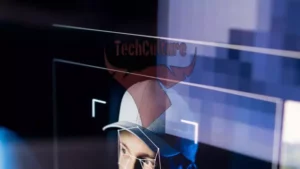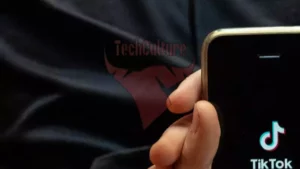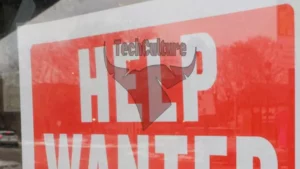Former OpenAI Researcher Alleges Copyright Violations in AI Training
A former researcher at OpenAI has come forward with allegations that the artificial intelligence company violated copyright laws in its training practices for AI models. Suchir Balaji, who worked at OpenAI for four years, claims the company engaged in widespread scraping of online material for AI training, potentially impacting internet business models.
Balaji’s whistleblowing comes amid growing controversy in the AI industry over the use of copyrighted material for training purposes. OpenAI is currently facing multiple copyright lawsuits, including one from the New York Times, with the company defending its practices based on fair use principles.
The allegations highlight the lack of comprehensive government regulation in the rapidly evolving AI sector. Intellectual property lawyer Bradley Hulbert has called for Congressional intervention to address these issues.
During his tenure at OpenAI, Balaji was tasked with gathering web data for the company’s language models. Initially, he perceived copyright concerns as less problematic during the research phase. However, his perspective shifted following the commercial release of ChatGPT, raising ethical concerns about the potential threat to content creators and businesses.
Balaji believes the commercialization of AI products conflicts with the fair use doctrine, which typically protects certain uses of copyrighted material for purposes such as research and education.
In response to these allegations, OpenAI provided a statement to the New York Times asserting that their use of publicly available data falls under fair use. The company emphasized the importance of such practices for maintaining U.S. competitiveness in the AI field.
The controversy surrounding OpenAI’s training methods raises broader questions about the sustainability of current AI development practices and the ethical and legal boundaries of the industry. As the debate continues, the AI sector faces increasing scrutiny over its impact on content creators, businesses, and the broader internet ecosystem.





